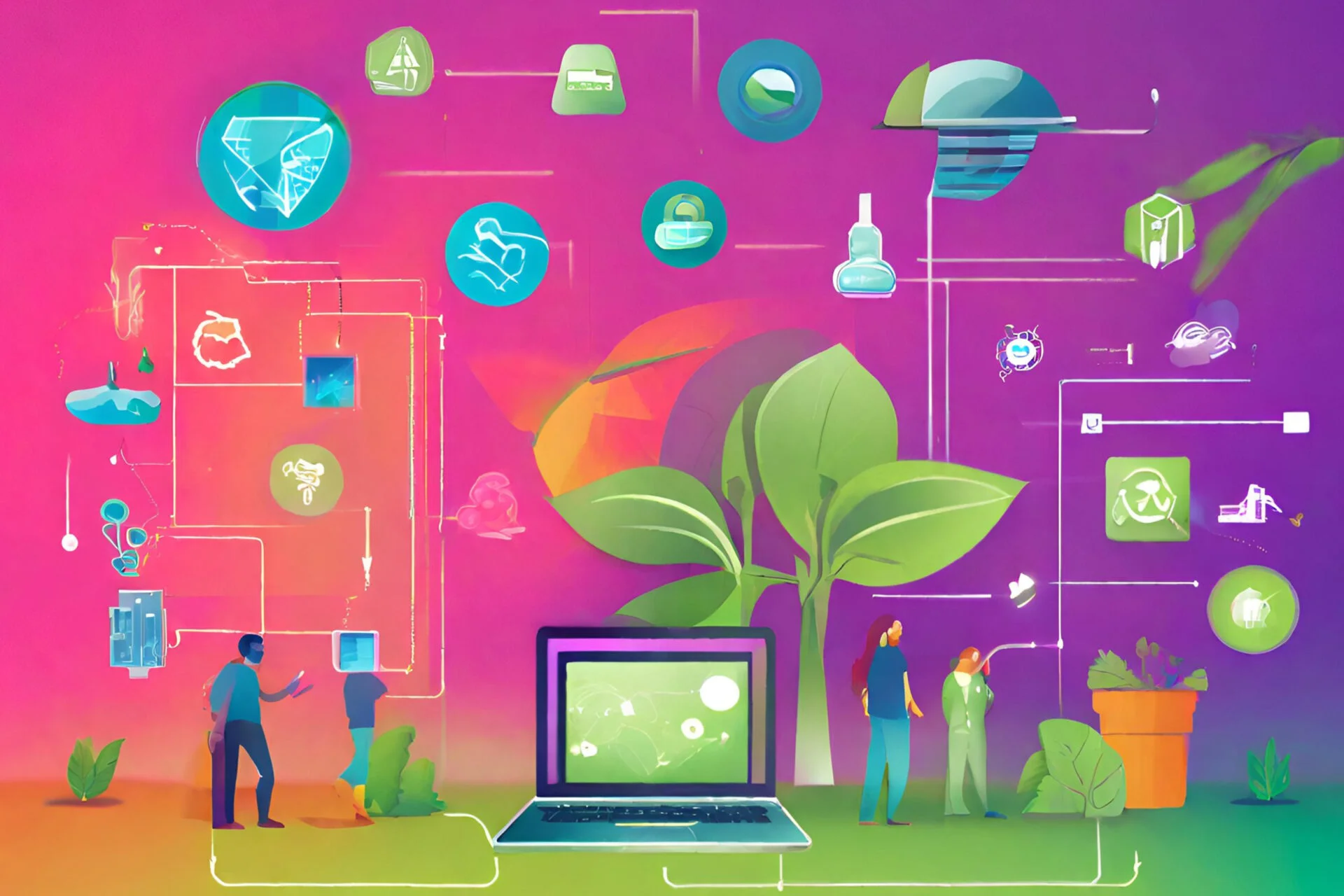In today's rapidly evolving landscape, the integration of sustainable technology is profoundly reshaping various industries. These innovative solutions are not only reducing environmental impact but also fostering innovation and efficiency, driving transformative changes across sectors. Let's delve into how sustainable technology is revolutionizing industries and shaping the future of business.
Understanding Sustainable Technology
Sustainable technology, also referred to as green technology or clean technology, encompasses a diverse range of innovations aimed at minimizing negative environmental impact while promoting economic growth and social well-being. These technologies address pressing environmental challenges such as climate change, resource depletion, and pollution, while also delivering tangible benefits to businesses and society as a whole.
Key Trends in Sustainable Technology
- Renewable Energy: The adoption of renewable energy sources such as solar, wind, and hydroelectric power stands as one of the most significant trends in sustainable technology. Industries are increasingly leveraging these clean energy sources to reduce reliance on fossil fuels and curb carbon emissions.
- Energy Efficiency: Improving energy efficiency remains a critical aspect of sustainable technology. Industries are investing in energy-efficient technologies and practices to minimize waste, optimize resource utilization, and lower operational costs.
- Circular Economy: Embracing the principles of the circular economy is reshaping industries by advocating for the reuse, recycling, and repurposing of materials and products. Companies are adopting circular business models to minimize waste and extract value from end-of-life products.
- Smart Manufacturing: Sustainable technology is driving the adoption of smart manufacturing practices, such as predictive maintenance, real-time monitoring, and resource optimization. These technologies enhance productivity, reduce downtime, and minimize environmental impact.

Benefits of Sustainable Technology
- Environmental Impact: Sustainable technology helps mitigate environmental degradation by reducing emissions, conserving resources, and minimizing waste, thereby preserving natural ecosystems.
- Cost Savings: Investing in sustainable technology can lead to significant cost savings over time by reducing energy consumption, waste disposal costs, and optimizing resource use.
- Innovation: Embracing sustainable technology fosters innovation, driving the development of new products, processes, and business models that benefit both businesses and society.
- Competitive Advantage: Companies prioritizing sustainability gain a competitive edge by attracting environmentally conscious consumers, investors, and employees, thus enhancing brand reputation.

Industries Adopting Sustainable Technology
Various industries are increasingly adopting sustainable technology to drive innovation, enhance competitiveness, and meet evolving environmental standards. Sectors such as manufacturing, transportation, agriculture, construction, and energy are among those leading the charge in embracing sustainable practices and technologies.
As the global demand for sustainability continues to escalate, industries are turning to sustainable technology to unlock new opportunities for growth and prosperity. By embracing these innovative solutions, businesses can not only reduce their environmental footprint but also contribute to a more sustainable and prosperous future for all.